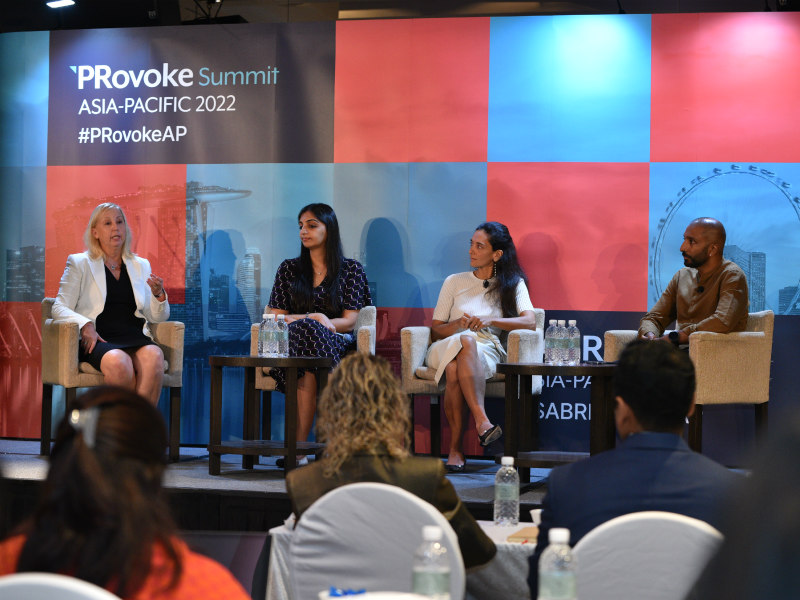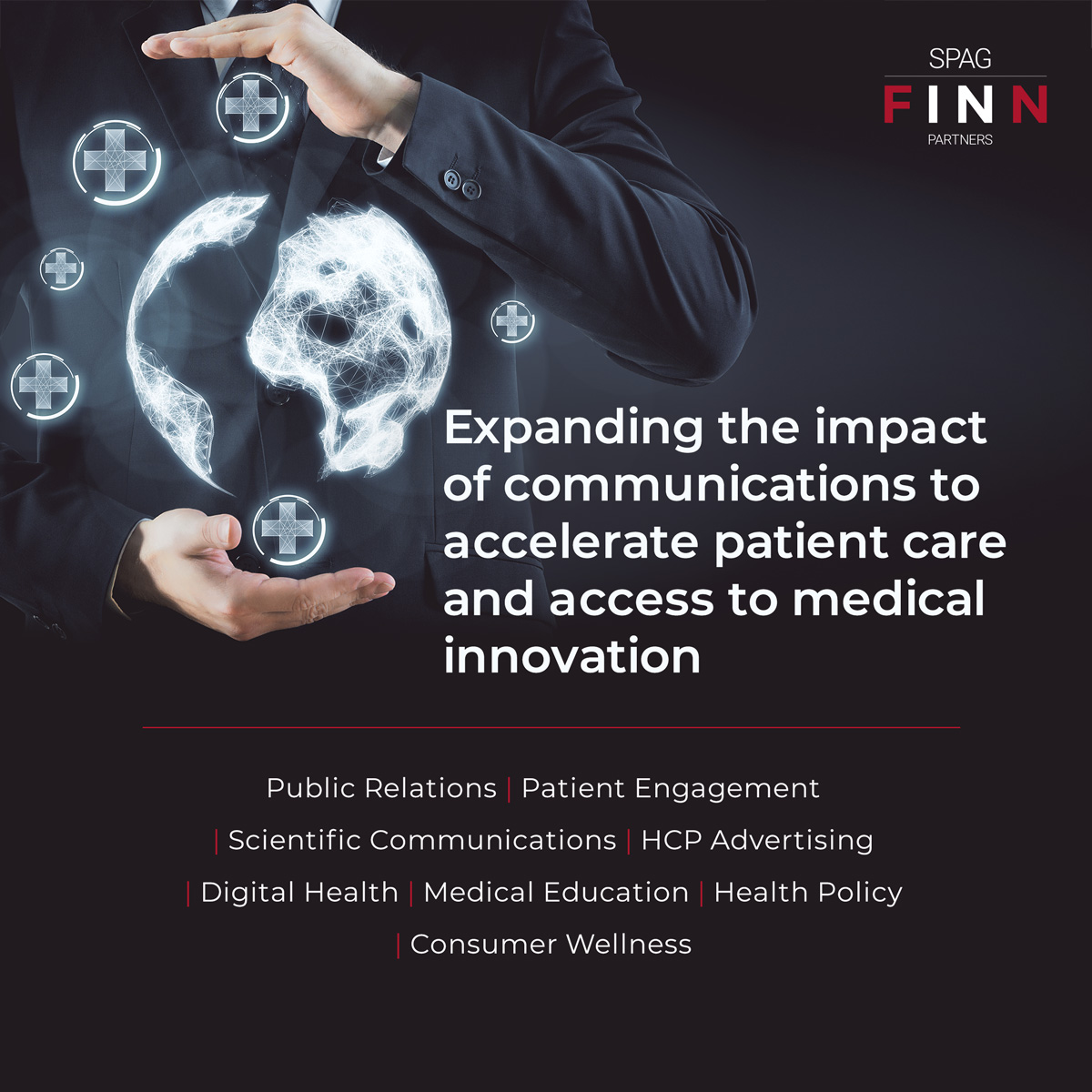Asiya Bakht 14 Oct 2022 // 9:09AM GMT

SINGAPORE — Panelists at PRovoke's Asia-Pacific Summit believe that the “companies that do not take DEI seriously can be rendered irrelevant”. They also warned organisations against developing a DEI fatigue.
"I don’t think you are going to be able to reach as many customers or create the best possible work environment for talent if you don’t take DEI seriously," said Leela Stake, senior partner and global lead of FleishmanHillard's True MOSAIC practice. "It comes down to not nice to do but a business imperative. The greater risk is DEI fatigue. There has been a lot of attention to these issues in the past and this work is long and sometimes hard to keep the momentum going. Part of what I hope is for people who work in the space to keep the momentum going."
She was responding to a question about the DEI backlash witnessed by some brands from consumers and employees in recent years. The panel also featured Devyani Dutt, APAC lead for diversity, inclusion and belonging at LinkedIn and Mel Tyndale-Biscoe, senior director of communications and public affairs for Johnson & Johnson in Asia-Pacific.
Sharing her perspective, Tyndale-Biscoe, said that the backlash is a part of life and needs to be treated like any other process. "The world isn’t ending. There is a social media storm happening. There is always a backlash somewhere. As long as you are clear about your position on the day. The baseline should be — is our policy clear and is our position clear?"
The panel was preceded by a preview of research conducted by FleishmanHillard’s TRUE Global Intelligence unit that revealed new insights into the widely varying DE&I definitions, gaps and agendas among specific geographies and population subgroups in Asia. A key finding was that while a majority of people surveyed across 10 markets in Asia-Pacific were familiar with DEI, only one in five people possess a great level of fluency. The research also found that even though a majority of people have advocated for a DEI issue, they still consider themselves passive observers.
On the topic of companies balancing global DEI priorities with local market strategies, the panelists agreed that policies can be outlined globally but must be executed locally, after listening to stakeholders on the ground.
"Every market is at different level of evolution and has different need but at the global level the position of your company has to be universal," said Tyndale-Biscoe. "For me at the local level it’s not about the strategy but it’s about the execution. Our philosophy is to empower the markets around where we would like to take them."
When asked about how companies are raising awareness of DEI issues internally, given huge gaps in understanding of the topic, Dutt noted that DEI should not be seen as an add-on to the company's normal business.
“DEI is a value that we embody as part of our core values," said Dutt. "The other core value is trust and care. Those go hand in hand. The way we bring it to life is that it must be a part of every communication.” She gave the example of a program at LinkedIn developed for inclusive leadership where the leaders are trained on topics around inclusivity.
The research also revealed that markets such as Japan and Korea are less comfortable discussing DEI issues. On this, the panelists felt that there was an opportunity to customise resources and tailor communication. Dutt pointed out that LinkedIn is trying to do more things in local languages. “For people to be able to talk about DEI, they have to talk in a language they are comfortable with. We are trying to do more of that. We recently conducted a disability conference in Japan in Japanese. We are also trying to see how we can leverage LinkedIn to have these conversations like we have a LinkedIn Hindi in India to drive the discourse.”
Meanwhile, the panelists also warned companies against tokenism on social media, despite the finding that social media is the most popular channel for learning about DEI.
"All our brands are focused in social," said Tyndale-Biscoe. "If there is a social issue that is happening that you haven’t a stake to or claim to, that is not the right time to make a conversation around that as you will be seen jumping on the bandwagon. However, if there is a social responsibility that is the right thing to do, then we try to do it in ways that are easy to be digested and accepted.”
Dutt added: “We are trying to leverage our platform in a positive way. We are curating DEI content on LI learning. We have a team called Equity which sits in our product team and is looking at how we can create equitable experiences on our platform.”
When asked to give a DEI action point that the audience take with them, Tyndale-Biscoe recommended developing a sense of belonging in employees. Dutt’s advice was for everyone to stay curious and create wishlists of topics around culture and community in order to learn more.
Meanwhile Stake concluded the session by urging attendees to take individual responsibility whether in hiring diverse talent or making space for younger people in meetings. “Each piece of content we create can be inclusive. We are all responsible for the solutions.”



































.jpg)


















